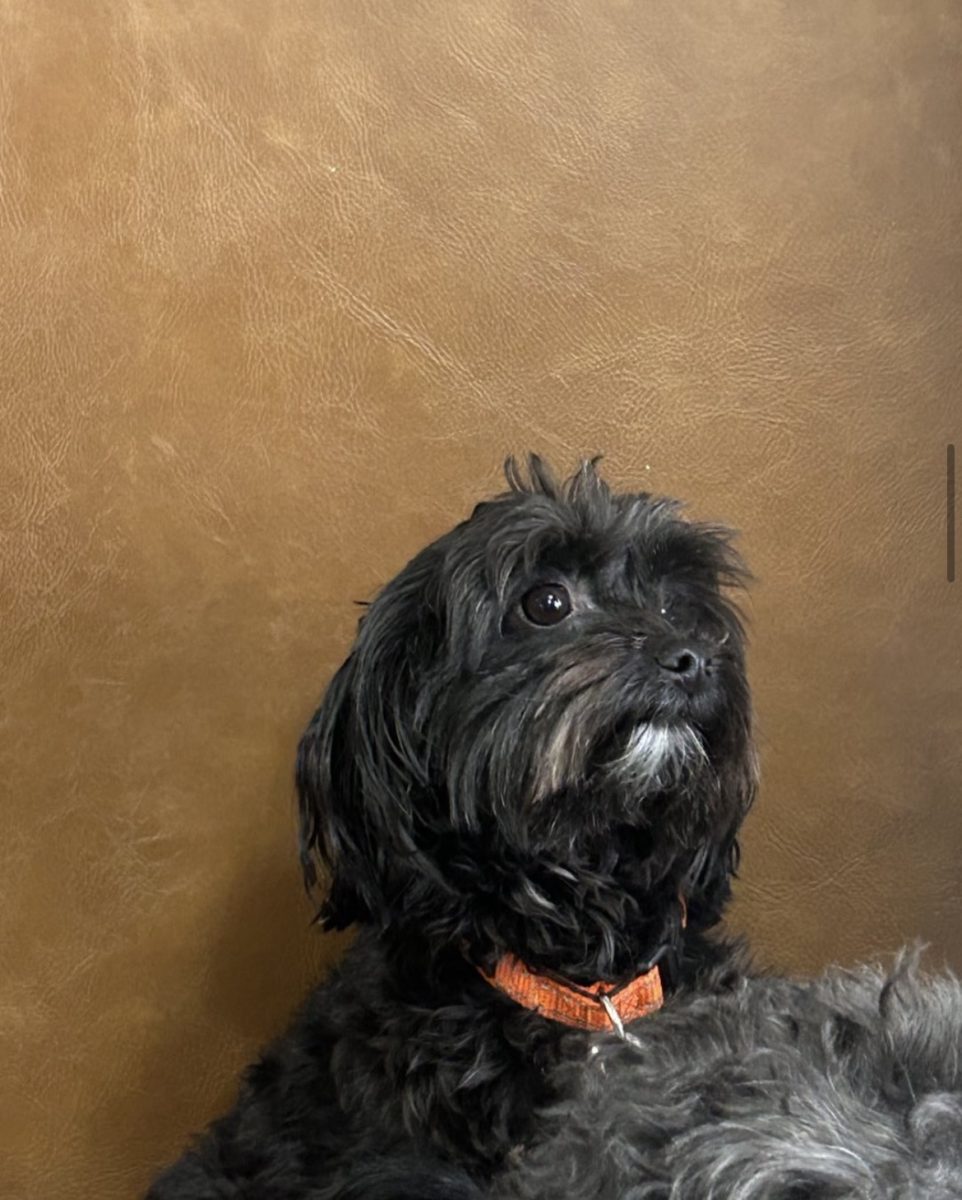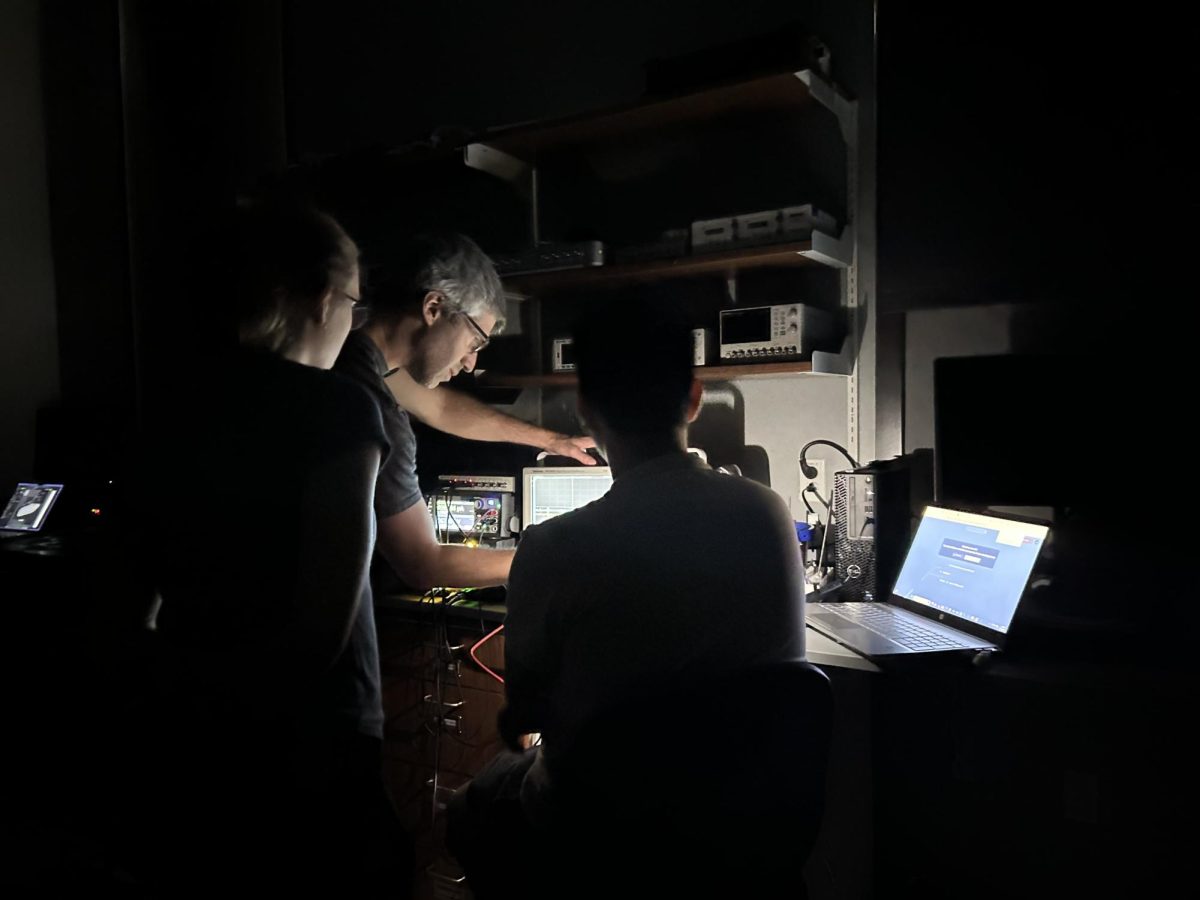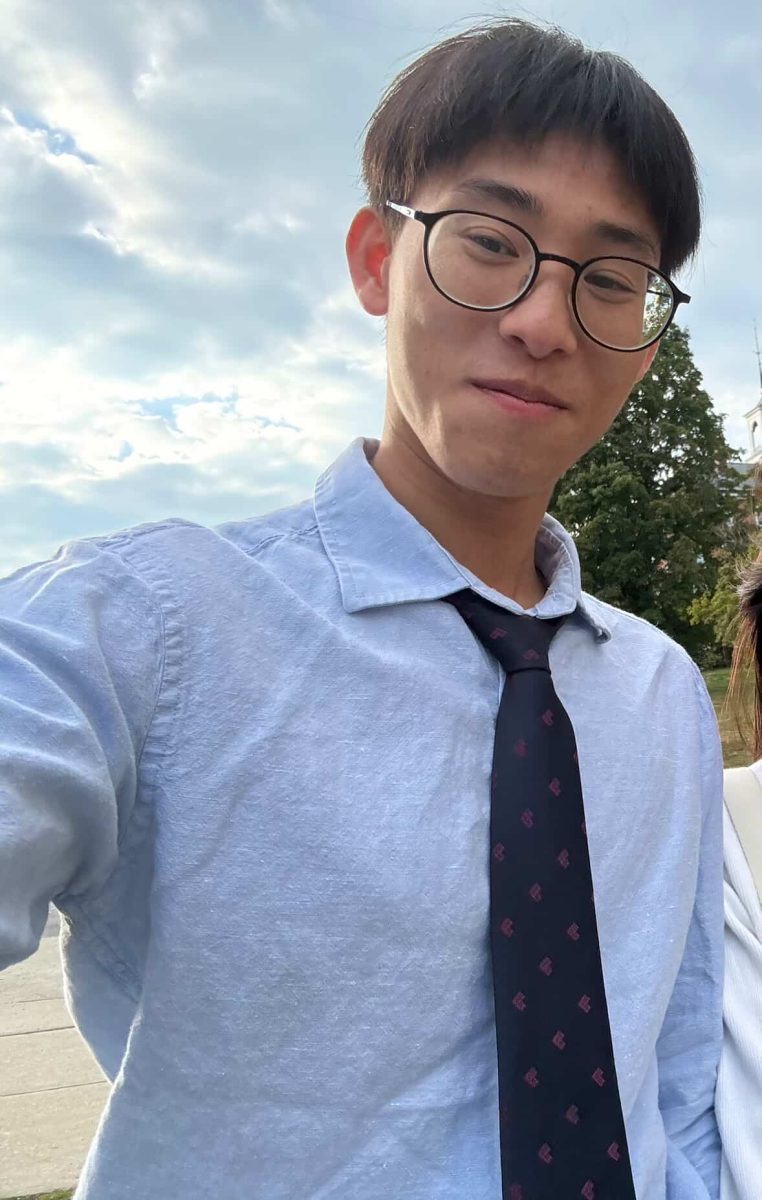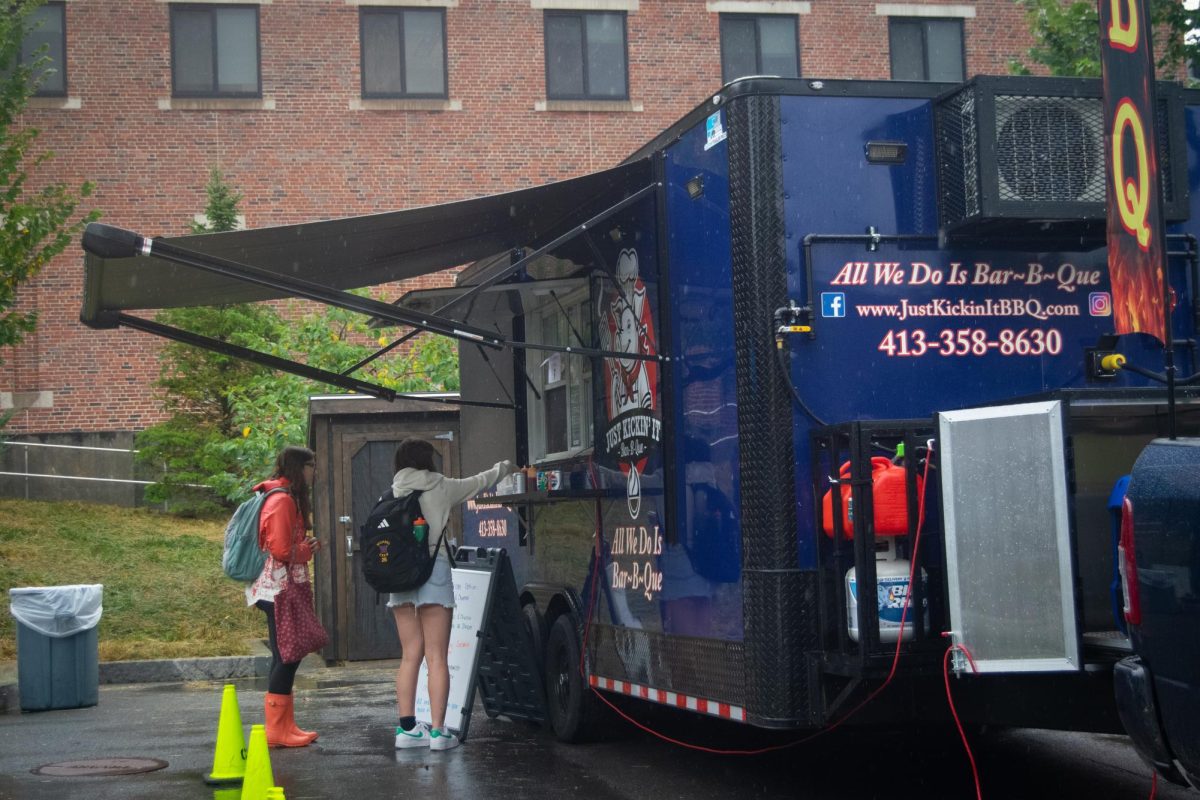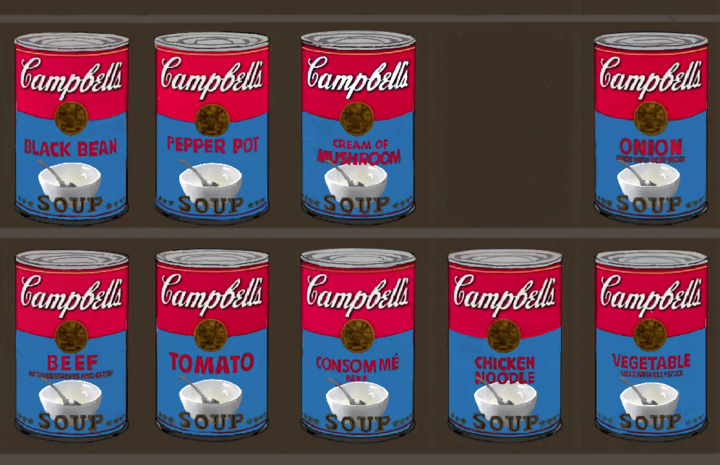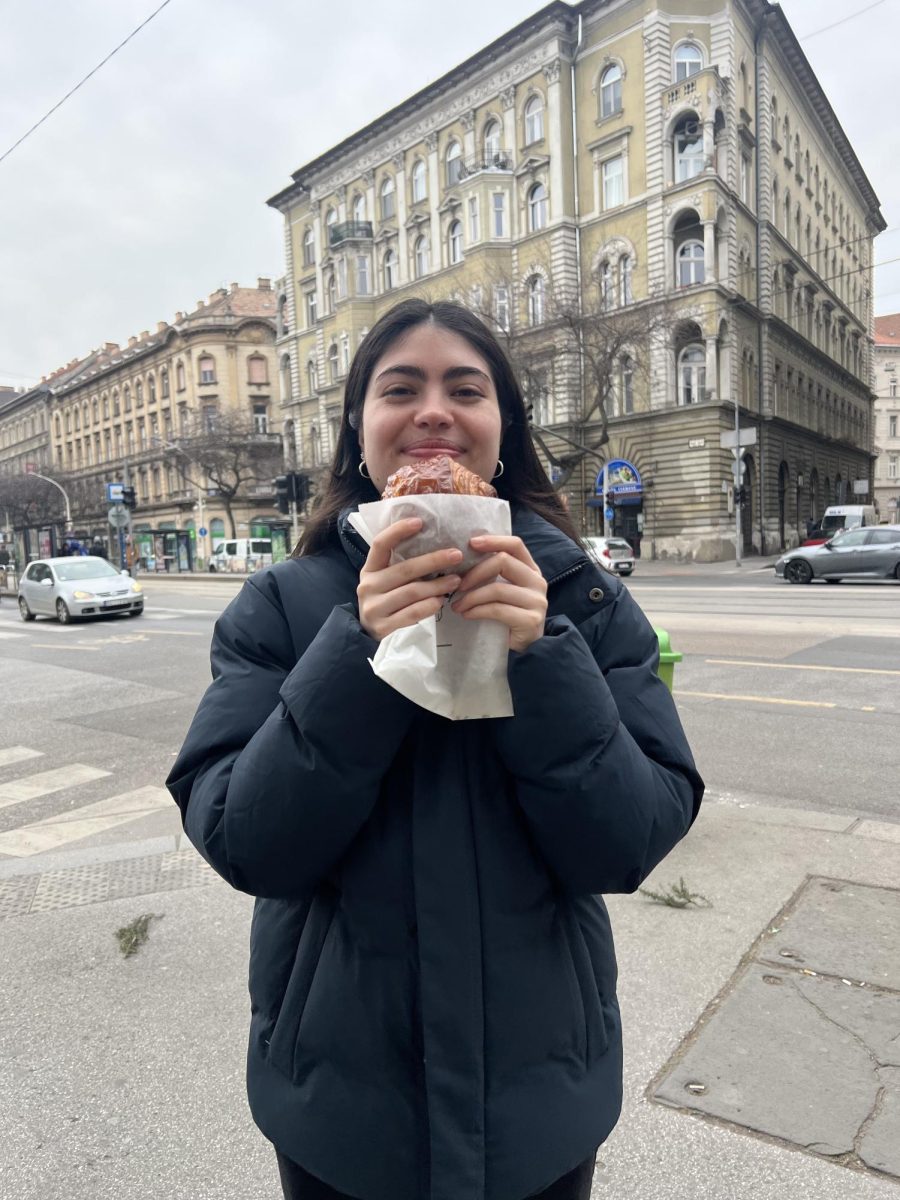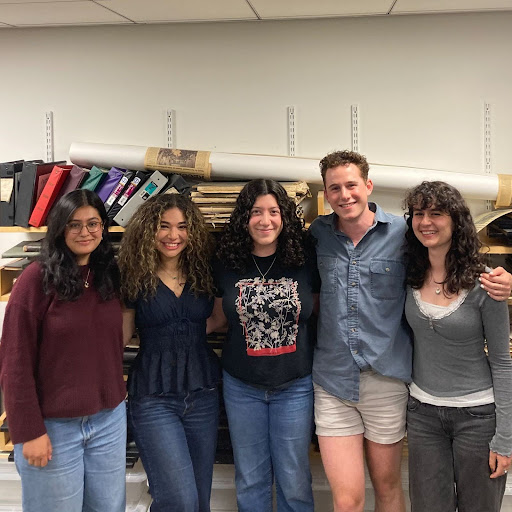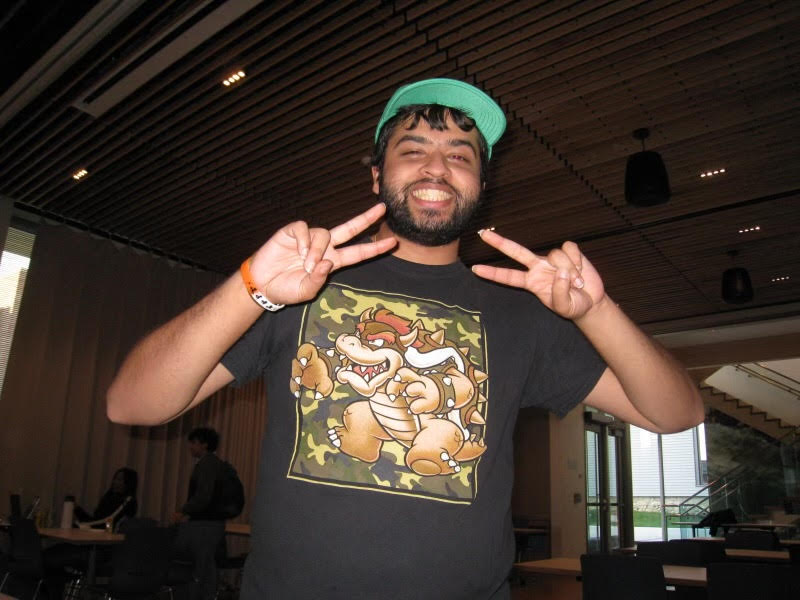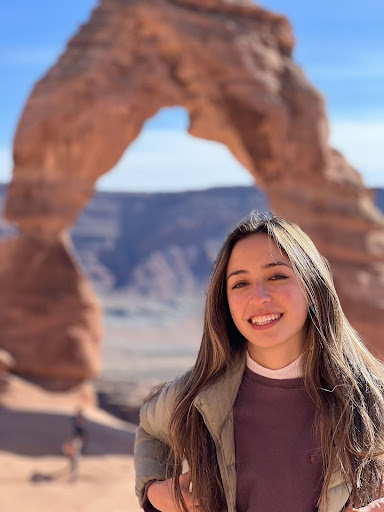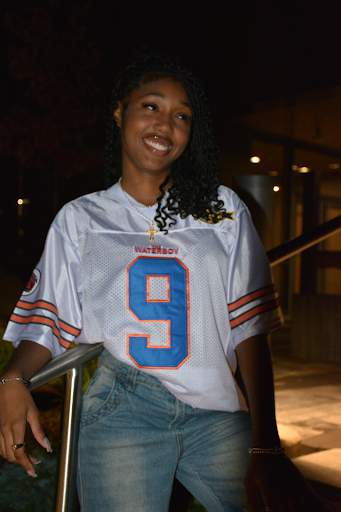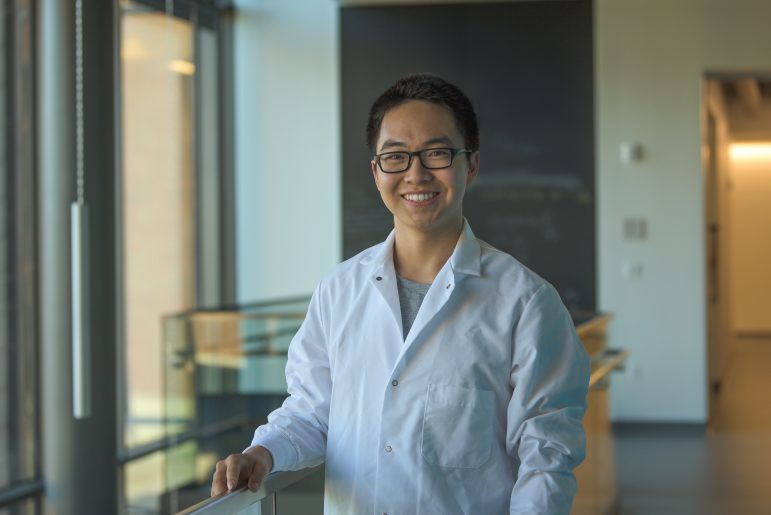
Each week, we randomly select a unix from a list of all current students at the College. So long as the owner of the selected unix is on campus, willing to be interviewed and not a member of the Record board, that person becomes the subject of that week’s One in Two Thousand. This week, the computer (using a very simple script in R) chose Oliver Yang ’20.
I heard you were a Where Am I?! Leader this year. How was that?
So I had done some travelling around the Berkshires for the Spring Break breakout trip, and I led the Berkshire volunteering one, where I got to lead a bunch of people around the Berkshires. I wanted to do the same thing, but with first-years, this time around.
I felt like it’d be a good opportunity to get to know a lot of the frosh. And now, I know a lot of frosh, so that’s cool. The best thing is that a handful of them are taking chemistry classes, so I can catch up with them about professors and courses and whatnot. It was a lot of work to plan the trips, for sure, and at some points I would think to myself, “Oh I’m a senior! Why am I doing this?” But it was all worth it.
What was your favorite spot?
My favorite activity was when we went rowing on Grafton Lake in N.Y. We rented out these small canoe-like boats, and we got to splash around every once in a while and we got to talk with each other and whatnot and managed to get a lot of good conversations during this experience.
You mentioned chemistry.
I am a chemistry major! I love chemistry. I had an amazing teacher in high school — he was super good. I came to Williams basically knowing I wanted to study chemistry, and I’m happy with my decision.
I know you through Matriculate, which is an advising program for high-achieving, low-income students.
I think a lot of people realize their passions because they do it a lot, rather than a specific moment where they wanted to pursue math, or science. I actually had an interesting moment when I realized that education was something I wanted to pursue as a career. I was watching a TED Talk — I usually watch a lot, but none of them ever made a particular impression on me — but this one left a strong impression on me.
To sum it up, it was basically about looking at your career as something that is not essentially what you’re passionate about, but rather as something you’d feel like would service the community around you. Instead of, “I’m interested in math, so I’ll become a mathematician,” it would look something more like, “I’m interested in math, and my community needs me to engineer a bridge, so I want to become an engineer.” So I felt like as if after having a series of really good teachers that really good teaching is what the community needs. And I did a lot of tutoring in high school so I was like, “Yeah that sounds like the right thing to do,” because I love science and I love chemistry, but I think in terms of thinking about a long-term career, finding something that you think will service the community around you is much more important. So teaching felt right.
What’s the TED Talk called?
It’s called “How to know your life purpose in 5 minutes,” but I watched it on two times speed. At the time I thought that if I watched TED Talks on two times speed I could get double the amount of knowledge.
And you managed to figure out your life purpose in 2.5 minutes! So, do you have any funny tutoring stories?
When I tutored in high school, there were many moments when I would have to tutor for subjects that I hadn’t learned. This resulted in a lot of lessons when I’d just have to say “Let me look this up in the textbook real fast,” or try to nudge them in the right direction even when I was unsure if they had the right answer.
In terms of TA-ing here, oh gosh, as a chemistry lab TA I’ve made a lot of mistakes. [Laughs.] I started TA-ing sophomore year, and I’ve been doing it every semester since. The worst one — well, the funniest one — was when we made sand baths to put on top of a hot plate to heat up test tubes really quickly. So I left the hot plate on a 7 out of 10, which is pretty hot, so halfway through lab I hear a big “Bang!” sound, and I start to see smoke rising from the sandbag. Basically it had gotten so hot that the bottom part of the thermometer had exploded, and luckily we don’t use mercury in those thermometers anymore so it was still kind of safe, but the entire bottom of the bowl, which was made of plastic, had melted off, and the sand was leaking through the bottom. Basically because of me there’s a note [in the lab] that says, “Keep temperature setting two to three out of 10 instead of 7 out of 10.”
[Laughs.]That’s your legacy here at Williams.
There was this one time when I was running a sample of the compound I made in a machine called the NMR and basically it’s this huge-looking metal cylinder structure that you need to climb a stepladder to reach the top. I had accidentally forgotten to put my test tube into the holder and dropped it into the middle and it fell to the bottom and I had to call the equipment specialist Nate. He came in and fixed everything but said if things went badly the damage would’ve cost 50,000 dollars.
Are you still a TA?
[Laughs.] Yes, despite all this. I’m still a TA. The funniest part is one year after I finished TA-ing my lab instructor brought back the feedback forms with what the students had written, and on the section that asked “How can the lab TA improve?” and there were great things, but two people wrote, “The TA could have been more prepared and more careful when handling stuff in the lab.” [Laughs.] Yikes.
Where’s your favorite place on campus?
I really like taking late night walks to the Clark and hanging out near the reflection pool and just staring at the stars at night. It’s really beautiful because you’re far away from the light. I also liked to stare at the stars when I was younger in my backyard back home, but in California there’s a lot of light pollution, and it’s hard to see one or two stars. But here, the first time I witnessed the night sky in an area that’s darker, oh God, it’s just amazing. [It’s] really, really incredible how many stars you can see. It reminds me of something my dad told me, a story about how every star represents an ancestor. I remember being skeptical, like, “Yeah, Dad, I can’t see anything. Where are my ancestors?” [Laughs.] You come here, and you see all the stars, and it really gives you the sense that some presence is staring down at you and taking care of you.




